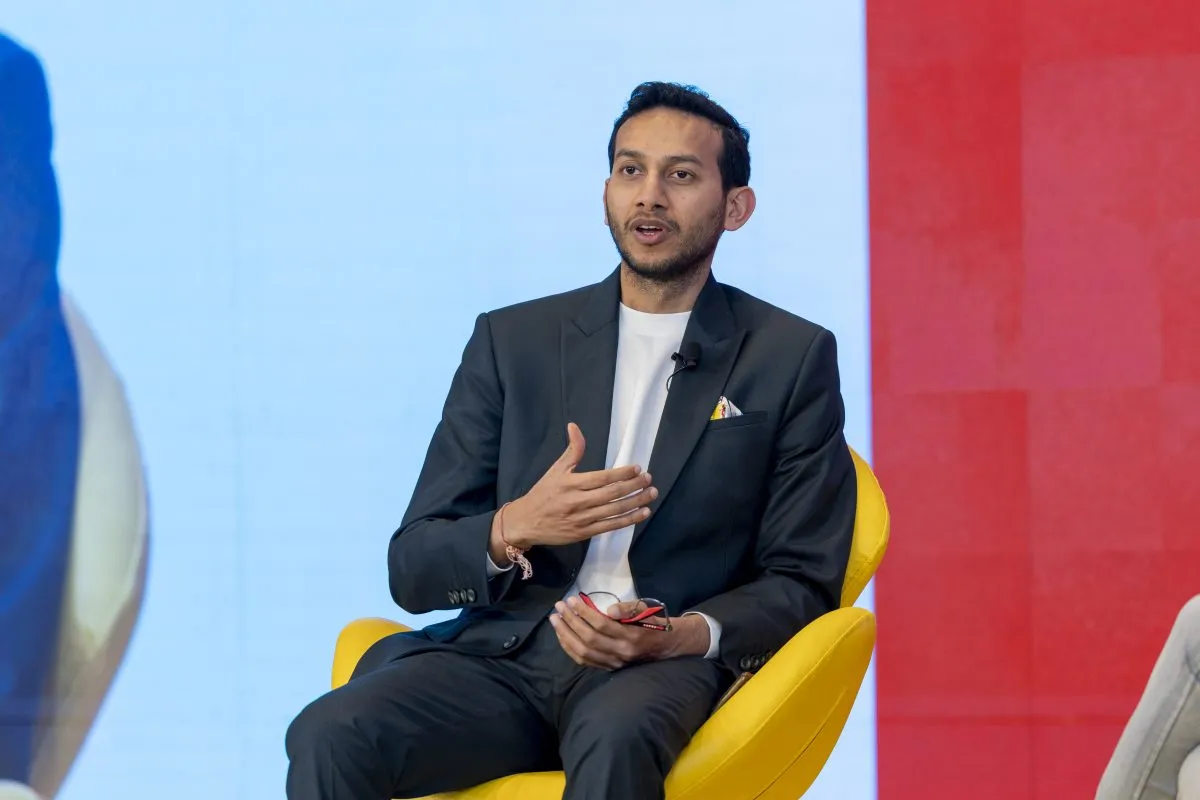Video: How Krystle Mobayeni, CEO and Co-Founder of BentoBox, Deepens the Restaurant Experience

Skift Take
This sponsored content was created in collaboration with a Skift partner.
The Unbound Collection by Hyatt and SkiftX present The Freedom to be Extraordinary content series, which showcases conversations with leading innovators and entrepreneurs about how they're approaching creativity and defining success on their own terms.
Krystle Mobayeni, CEO and co-founder of BentoBox, has had some of the most memorable experiences of her life in restaurants. Each of these experiences inspire the work she now does everyday. “Being able to give back to the chefs and owners who have provided me with those memories has definitely been my biggest accomplishment,” she says.
BentoBox is a platform that helps restaurants build and maintain beautiful, user-friendly websites through a connected suite of tools. It powers over 1,500 restaurants around the world, from The Spotted Pig in New York, to Two Guns Espresso, a New Zealand coffee shop with three locations in Los Angeles, to Fish School, a seafood-centric restaurant in Hong Kong.
Embodying Hospitality PRINCIPLES Is Key
Mobayeni identified a space in the restaurant market for better online user experiences when she was working with a handful of small, but well-known restaurants at the boutique design agency she previously founded. She realized that the restaurants were lacking access to the tools needed to translate their services to our increasingly digital world, meaning they couldn’t maintain control over their brand experiences and messaging. After learning more about these pain points, building a platform that could address these gaps and seamlessly connect restaurants to their customers online was a no-brainer.
BentoBox aims to be a true partner to each restaurant it works with and strives to treat them the same way the restaurant would treat one of their guests. “We try to embody the idea of hospitality at every step of the journey and really anticipate their needs,” Mobayeni says. “But it’s really a team effort. The success of BentoBox depends on every single person at the company."
The Path from Childhood Coder to CEO
Mobayeni got her start in digital and design early on. She grew up surrounded by technology and computers — her father was a computer science major in the 1980s, and she learned how to code at a young age. And while she originally wanted to focus on fashion in college, her family encouraged her to take a more practical path. She ended up studying digital design, a burgeoning field at the time, and was able to quickly build a solid career and go on to work for herself.
“I’ve always been an overachiever, so it’s really important for me to master anything I’m doing. Being a CEO means you have to do a lot of things that might scare you at first,” Mobayeni says.
As a female CEO in the tech space, Mobayeni has faced her share of challenges. “I grew up with the idea that if I worked hard enough, I could be whoever I wanted to be. While working in tech, and especially going through the fundraising experience, I started bumping up into the fact that I had to work a lot harder than my male counterparts to see the same results.” She’s thankful we’re finally starting to have a larger conversation about the role of female leadership in tech and beyond, but wants to see real, actionable change in the industry. “We need more examples of leadership that go beyond the traditional male cookie-cutter mold.”
thinking outside the box
The theme of freedom and breaking away has been constant throughout Mobayeni’s life. Her parents immigrated to the U.S. from Iran in the late 1970s seeking new opportunities for themselves and their family. As Mobayeni explains, “It’s really important for me to take advantage and make the most of what my parents gave me. Because of that, I’m focused on doing everything I want to do and building the best and most successful company I can.”
As for those looking to jumpstart their own initiatives, Mobayeni advises, “The most important thing is to make sure you’re really doing it for yourself — not only for the money or other superficial reasons. Once that’s in place, it becomes about having the will to stay focused, create goals, and move toward those goals."




